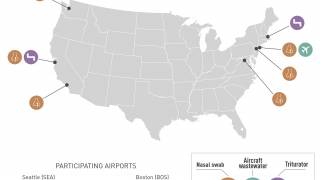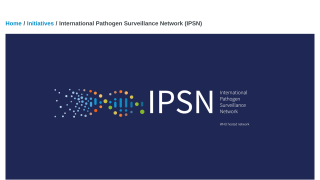Pregnant Texans Need Zika Testing

The Texas Department of State Health Services (DSHS) is expanding its Zika testing guidance for residents of six South Texas counties.
DSHS now recommends testing all pregnant residents of Cameron, Hidalgo, Starr, Webb, Willacy, and Zapata counties.
The Zika tests are for both the first and second trimesters of pregnancy.
Additionally, any resident who has a rash plus at least one other common Zika symptom: fever, joint pain or eye redness, and all pregnant women who have traveled to areas with ongoing Zika transmission, including travel to any part of Mexico, should be tested.
“Zika remains a significant health risk to pregnant women and their babies, and it’s only a matter of time until we see local transmission here again,” said DSHS Commissioner Dr. John Hellerstedt.
“We want to cast as wide a net as possible with testing to increase our ability to find and respond to cases, and the Lower Rio Grande Valley remains the part of the state most at risk for Zika transmission,” said Dr. Hellerstedt.
As of March 28, 2017, there were 1,716 pregnant women with lab evidence of the Zika virus in the United States. Additionally, there are 3,461 Zika cases in U.S. Territories, such as Puerto Rico.
Zika testing is widely available through commercial labs, so health care providers can order testing through their normal channels.
“We don't want cost to prevent anyone from getting tested,” Dr. Hellerstedt said.
“If the cost of testing would be a barrier for a patient, providers should contact their local or regional health department for information about testing through the public health system.”
Texas had six cases of local mosquito transmission of Zika virus disease in Brownsville during November and December 2016.
This south Texas region is considered a likely place for Zika to spread because of its history of local transmission of dengue, a closely related virus, and its proximity to Mexico, where there continues to be ongoing local Zika transmission, including in communities just across the border.
Pregnant women and their sexual partners who have traveled to those areas should use condoms or avoid sexual contact during the course of the pregnancy.
Zika virus is transmitted to people primarily through the bite of an infected mosquito, though it can also spread by sexual contact. While symptoms are usually minor, Zika can cause severe birth defects in babies of some women infected during pregnancy.
Our Trust Standards: Medical Advisory Committee



























